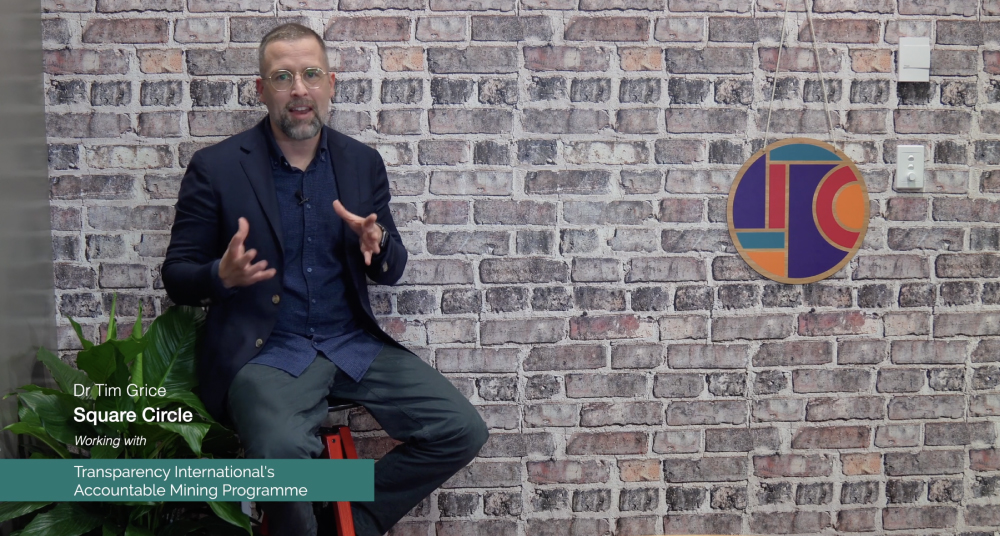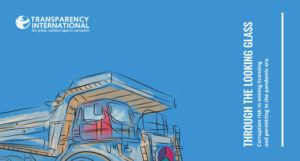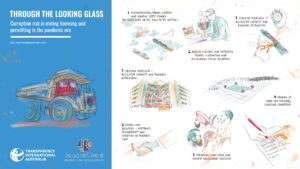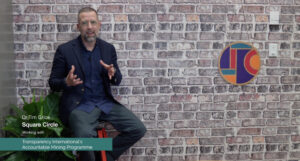Project
Through the Looking Glass: Corruption Risk in Mining Licensing and Permitting in the Pandemic Era

In the immediate wake of the COVID-19 pandemic, a simultaneous contraction in supply and demand threatened mining jobs, mining capital and mineral rents. Host governments, mining companies and minerals markets rallied. Yet commodity markets have never been a good proxy for the wealth and wellbeing of governments and citizens in resource-rich countries. The disruptive impacts of the COVID-19 pandemic continue to challenge stability, prosperity and resilience globally, with the potential of prolonged and deep recessions in many countries. Upwards of 150 million people may be pushed into extreme poverty, while many developing economies and emerging markets could take years to return to their pre-pandemic trajectories. Like in past crisis junctures, it seems unlikely that the rising tide of the economic recovery will lift all boats.
Taken together, the intertwined yet potentially divergent trajectories of mining companies and the countries in which they operate raise important questions for mineral resource governance and anti-corruption efforts. As governments look to make mining deals to kickstart flagging economies, pandemic conditions impacting polities and peoples may exacerbate governance and corruption risks in the mining value chain.
Transparency International’s Accountable Mining Programme’s report, Through the looking glass: Corruption risk in mining licensing and permitting in the pandemic era, examines the current and future impacts of the COVID-19 pandemic on corruption risks in the licensing and permitting of large-scale mining projects. The analysis draws on over 80 semi-structured stakeholder interviews as well as case studies conducted in Zambia, Canada, Mexico and Indonesia.
Square Circle was commissioned by the Transparency International Accountable Mining Programme to lead this global study.





